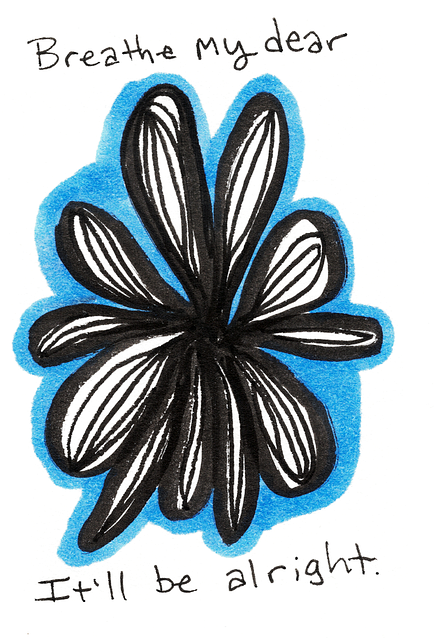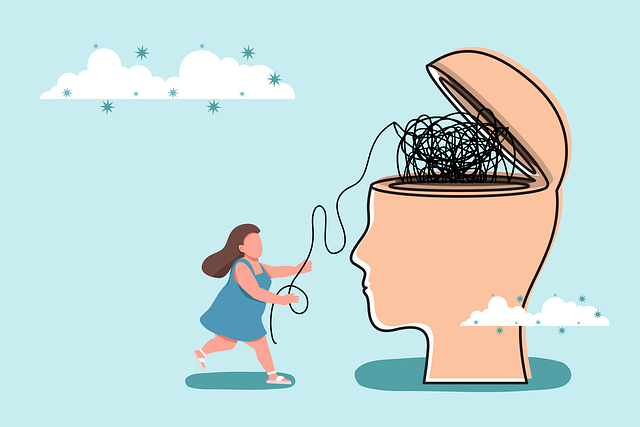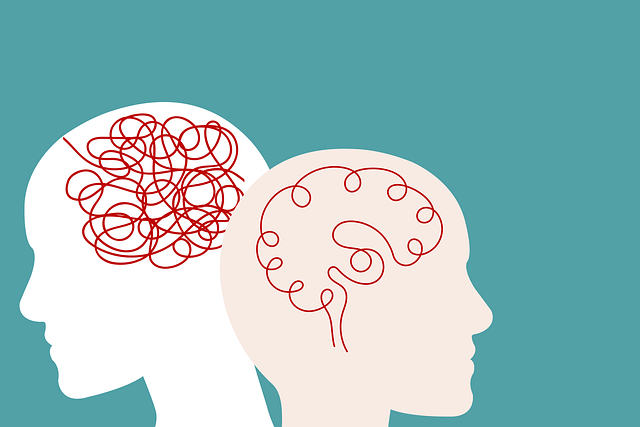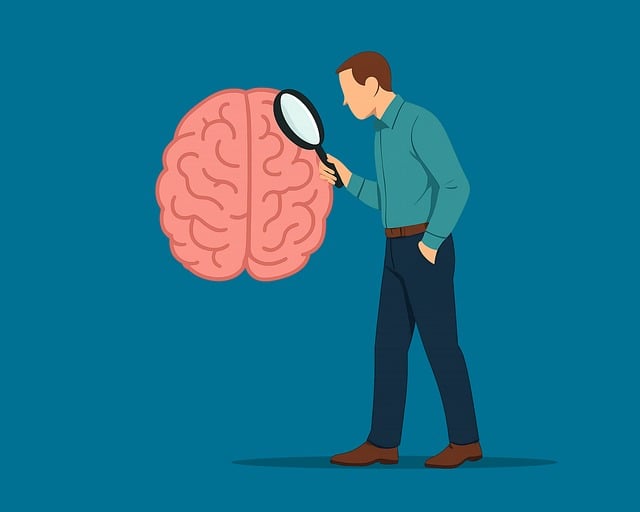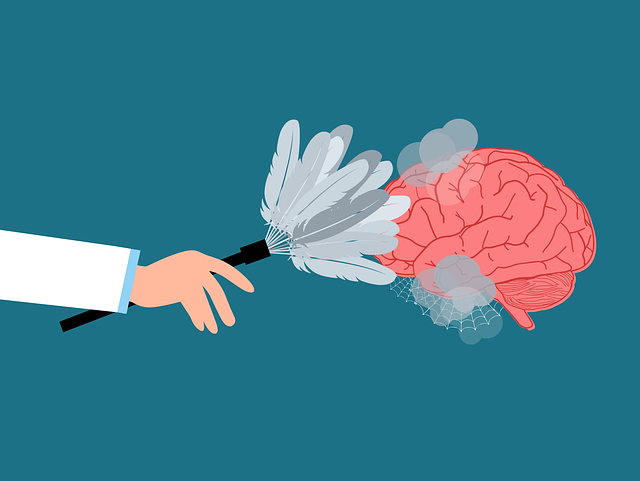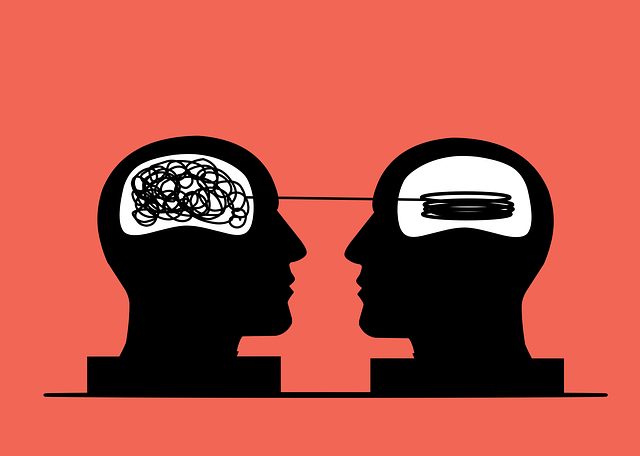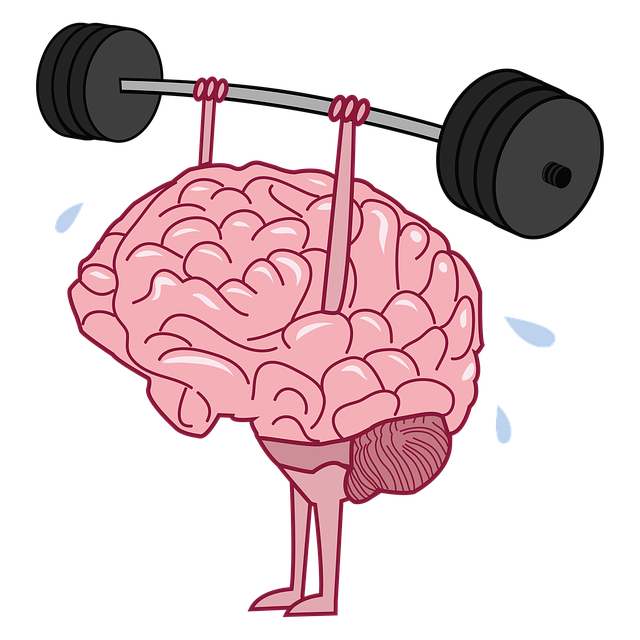Englewood Adjustment Disorder (EAD), triggered by life changes or trauma, causes intense anxiety and maladaptive behaviors. Diagnosed by professionals, symptoms include persistent worry, concentration issues, sleep/appetite changes, social withdrawal, and fatigue. EAD therapy involves Social Skills Training, Mental Health Advocacy, and Mind Over Matter principles to improve interactions, build resilience, and manage anxiety. Cognitive-Behavioral Therapy (CBT), including Englewood Adjustment Disorder Therapy, teaches coping mechanisms like relaxation, problem-solving, exposure therapy, mindfulness, meditation, and positive thinking for long-term stress management and improved mental health outcomes.
Anxiety can significantly impact daily life, but effective management techniques exist to help. This comprehensive guide explores two primary approaches: understanding and treating Englewood Adjustment Disorder (EAD), a common anxiety-related condition; and leveraging evidence-based therapy like Cognitive-Behavioral Therapy (CBT) for lasting relief. Additionally, we delve into holistic strategies such as mindfulness practices, relaxation techniques, and lifestyle adjustments to foster better mental health. Discover how these methods can empower individuals to take control of their anxiety and lead more fulfilling lives.
- Understanding Englewood Adjustment Disorder: Symptoms and Diagnosis
- Cognitive-Behavioral Therapy (CBT): A Powerful Tool for Anxiety Management
- Mindfulness, Relaxation Techniques, and Lifestyle Changes for Better Mental Health
Understanding Englewood Adjustment Disorder: Symptoms and Diagnosis

Englewood Adjustment Disorder (EAD) is a mental health condition that arises when an individual struggles to cope with significant life changes or traumatic events. It’s characterized by feelings of intense anxiety, sadness, and hopelessness, often leading to maladaptive behaviors. EAD can significantly impact daily functioning and relationships, affecting both personal and professional aspects of life.
Diagnosing EAD involves a comprehensive evaluation by qualified mental health professionals. Symptoms may include persistent worry or fear, difficulty concentrating, changes in appetite or sleep patterns, social withdrawal, and even physical manifestations like fatigue or headaches. Unlike generalized anxiety disorders, EAD often presents as a direct response to specific stressors, making it distinct for therapy purposes. The treatment approach typically involves Social Skills Training to enhance interpersonal interactions, Mental Health Policy Analysis and Advocacy to navigate support systems effectively, and Mind Over Matter Principles to foster resilience and coping mechanisms.
Cognitive-Behavioral Therapy (CBT): A Powerful Tool for Anxiety Management

Cognitive-Behavioral Therapy (CBT) is a highly effective approach for managing anxiety disorders, offering individuals a powerful tool to challenge and change negative thinking patterns and behaviors. This form of therapy focuses on the relationship between thoughts, feelings, and actions, helping clients identify and modify distorted cognitive processes that contribute to anxiety symptoms. By learning to recognize and reframe unhelpful thought patterns, CBT empowers individuals to face their fears and anxieties in a more balanced and rational manner.
Englewood Adjustment Disorder Therapy, as part of CBT, involves tailored strategies to address specific challenges faced by individuals with anxiety disorders. Through structured sessions, clients acquire valuable coping mechanisms, such as relaxation techniques, problem-solving skills, and exposure therapy, enabling them to effectively manage their symptoms. Moreover, integrating Mental Health Education Programs Design and Healthcare Provider Cultural Competency Training can enhance the therapeutic process, fostering a supportive environment that encourages self-esteem improvement and promotes better mental health outcomes.
Mindfulness, Relaxation Techniques, and Lifestyle Changes for Better Mental Health

Englewood Adjustment Disorder Therapy emphasizes the power of mindfulness as a core component for managing anxiety. By training the mind to focus on the present moment and accept thoughts and feelings without judgment, individuals can cultivate a sense of calm and reduce anxious responses. This practice, often integrated into meditation techniques, encourages a deeper connection with one’s inner self, allowing for better understanding and management of anxiety triggers.
In conjunction with mindfulness, relaxation techniques play a significant role in stress management. Deep breathing exercises, progressive muscle relaxation, and yoga are proven to lower heart rates and reduce the body’s stress response. These practices not only provide immediate relief from anxiety symptoms but also equip individuals with tools to manage long-term stress. Additionally, lifestyle changes such as regular physical activity, adequate sleep, and a balanced diet contribute to better mental health. Adopting positive thinking and applying Mind Over Matter principles can further enhance resilience against anxiety, fostering overall well-being.
Englewood Adjustment Disorder can significantly impact an individual’s life, causing excessive anxiety. However, with the right approach, managing and overcoming this disorder is achievable. Cognitive-Behavioral Therapy (CBT) has proven to be an effective Englewood Adjustment Disorder therapy, addressing underlying thoughts and behaviors contributing to anxiety. Additionally, incorporating mindfulness practices, relaxation techniques, and lifestyle changes can further enhance mental well-being. By combining these evidence-based methods, individuals can gain control over their anxiety, improve their quality of life, and lead more fulfilling lives.



